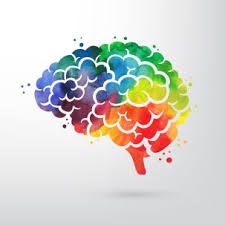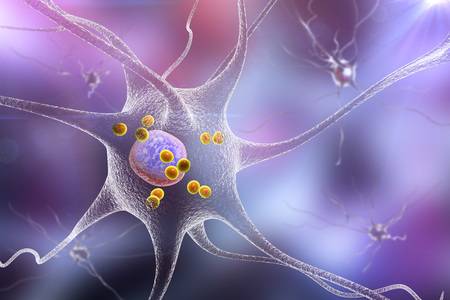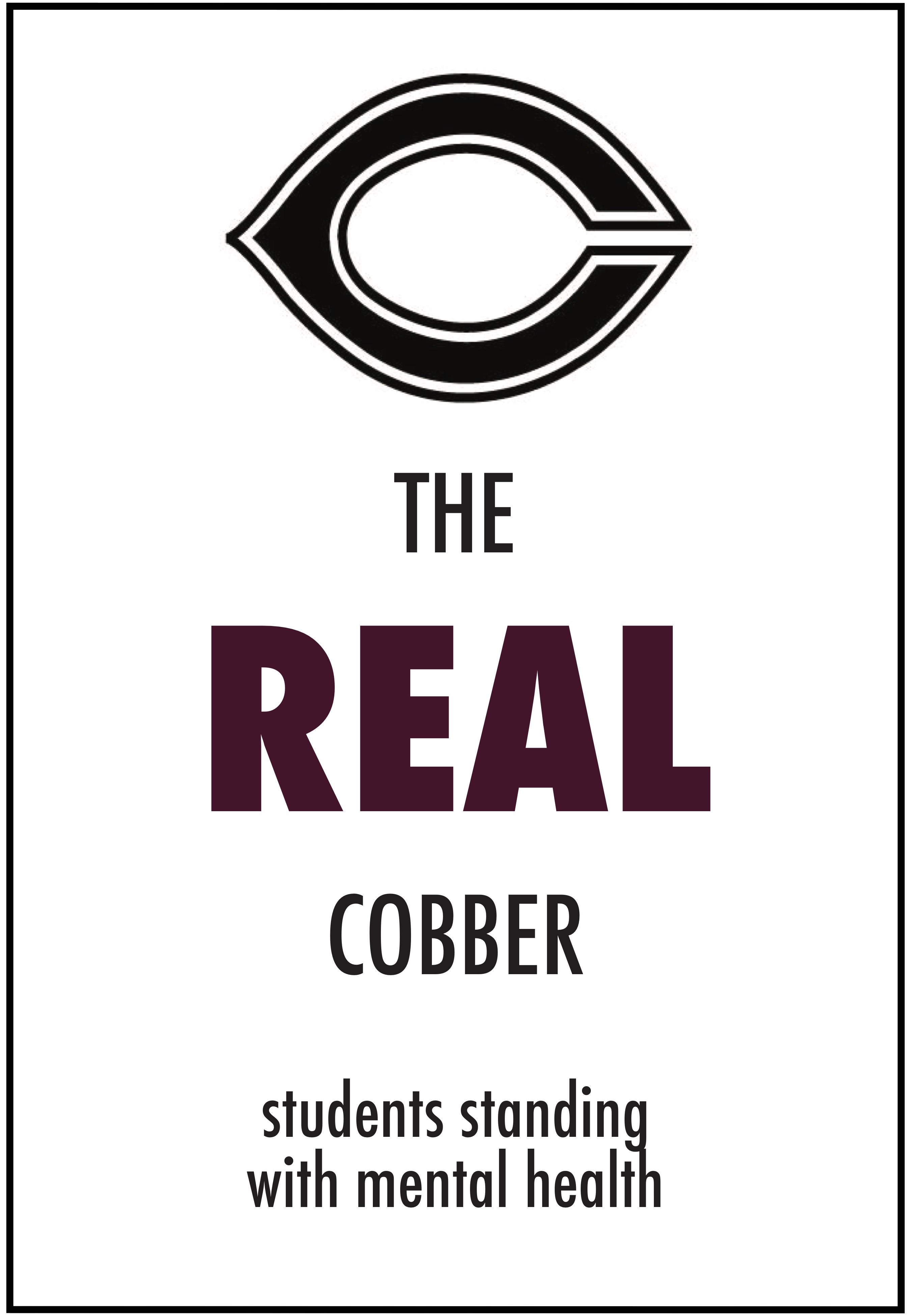
The Neurochemistry capstone course brought together all of Concordia’s goals for liberal learning and provided me with a unique and meaningful capstone experience. Through weekly readings, discussions, and blog posts along with a Community Action Project bringing together neurochemistry and social work students we were able to learn and apply neurochemistry in a variety of contexts.
- Instill a love for learning
 During this course, we were able to rank topics according to our interests to form groups for a project that, throughout the semester, were going to work and engage the community in. I found the whole project inspiring, especially as it took the knowledge we learned in class and gave it a purpose outside of the course. Along with this, I found myself staying interested throughout this course as each week we tackled a new topic not for the goal of just learning it but engaging this knowledge to discuss the implications of what we had learned to medicine, the well-being of our community, and science.
During this course, we were able to rank topics according to our interests to form groups for a project that, throughout the semester, were going to work and engage the community in. I found the whole project inspiring, especially as it took the knowledge we learned in class and gave it a purpose outside of the course. Along with this, I found myself staying interested throughout this course as each week we tackled a new topic not for the goal of just learning it but engaging this knowledge to discuss the implications of what we had learned to medicine, the well-being of our community, and science.
- Develop foundational skills and transferable intellectual capacities
I think one extremely important intellectual capacity I gained from this course is how to successfully read and understand scientific literature. Being able to read a difficult paper and pick out the parts that make sense, and do further research to get the parts that don’t make sense is something I will be need all the time in my future. Another foundational skill we practiced in this class is critical thinking. Making connections between parts of the papers, topics from different weeks, and our past knowledge of science was all a part of the learning process. This is a skill that is needed in all careers and areas of study.
- Develop an understanding of disciplinary, interdisciplinary and intercultural perspectives and their connections
 Working together with students studying Social Work during our Community Action Project helped us to build an interdisciplinary project. This was worthwhile, especially with my teams project focusing on mental health, as we had to focus on the science of mental health, but also the resources and supports important at our campus and in the community. During weekly discussions, we were also encouraged to answer questions posed by discussion leaders that often involved thinking about a variety of implications and perspectives.
Working together with students studying Social Work during our Community Action Project helped us to build an interdisciplinary project. This was worthwhile, especially with my teams project focusing on mental health, as we had to focus on the science of mental health, but also the resources and supports important at our campus and in the community. During weekly discussions, we were also encouraged to answer questions posed by discussion leaders that often involved thinking about a variety of implications and perspectives.
- Cultivate an examined cultural, ethical, physical and spiritual self-understanding
Throughout this semester, I was personally able to develop further my passion for understanding and impacting the fields of mental health and psychology, especially through our community action project. I have also been able to develop my learning style and determining which learning techniques are helpful for understanding and engaging scientific knowledge.
- Encourage responsible participation in the world
The projects we worked on throughout the semester encouraged us to engage with our campus community and the greater area of Fargo and Moorhead.
Alyssa Dalen, Concordia class of 2020